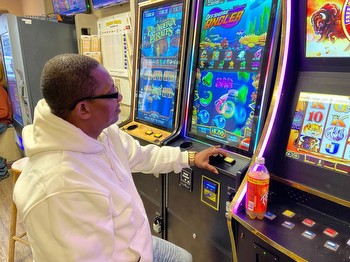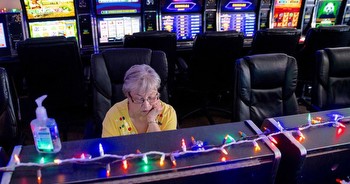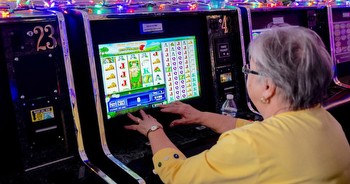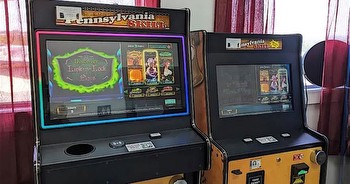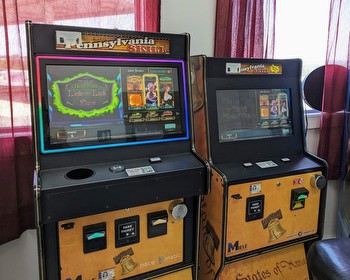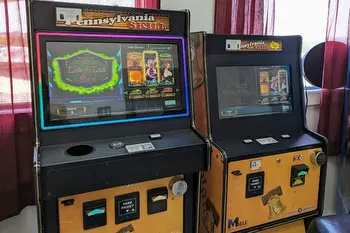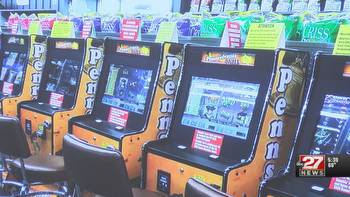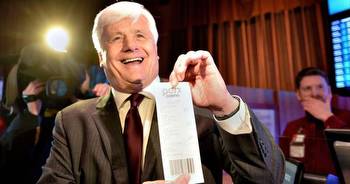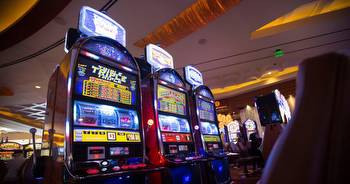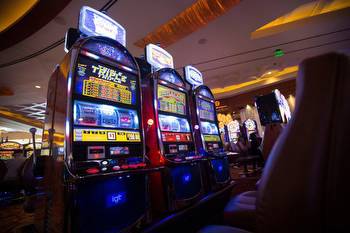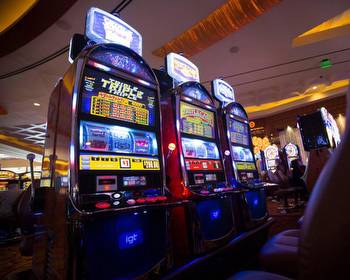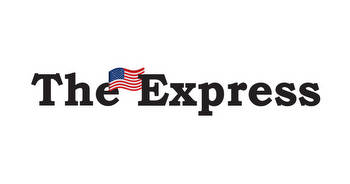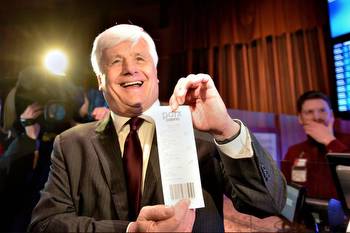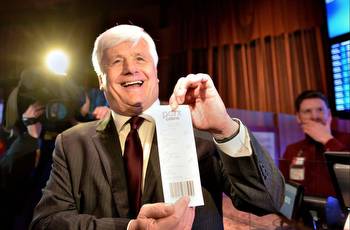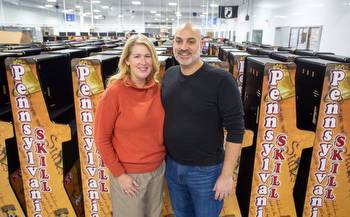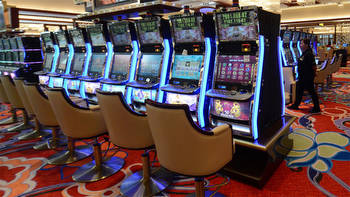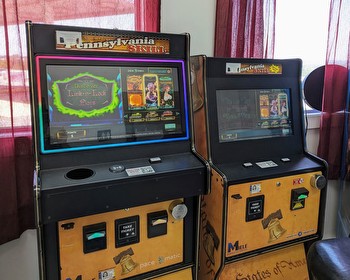Casino operators, gaming regulator bemoan skill machines at Pa. Senate hearing

HARRISBURG – Video skill machines have become a fixture in convenience stores, bars and standalone parlors across Pennsylvania and as their legality endures judicial scrutiny in state and federal courts, lawmakers in the General Assembly are weighing regulation of an industry with revenues presumed to exceed $1 billion.
Because skill games operators conduct business beyond established gaming laws in Pennsylvania, which is part of the pending legal cases, there are only estimates of how many machines are in operation and how much money is generated.
Kevin O’Toole, executive director of the Pennsylvania Gaming Control Board, surmised the machines bring in $1.562 billion annually, citing potential tax revenue estimates of $250 million along with a proposed 16% tax rate included in a bill introduced by Sen. Gene Yaw, R-Union/Lycoming/Bradford/Sullivan/Tioga.
Regulated gaming — including slots, table games and sports books — generated more than $5.2 billion in 2022, a record year, according to the Gaming Control Board.
“This is not a battle of David versus Goliath,” O’Toole said during testimony last month at a Senate Democratic Policy Committee hearing.
Sen. Amanda Cappelletti, D-Montgomery/Delaware, raised concerns shared within her caucus that skill games are proliferating in low-income neighborhoods. She said there are up to an estimated 50,000 machines deployed across the commonwealth.
Cappelletti plans to introduce legislation to ban skill games. A similar bill introduced last session failed to gain traction.
The machines are manufactured by Miele Manufacturing in the Williamsport area and operated by a Georgia-based company, Pace-O-Matic. The latter firm was invited to the hearing but declined, Cappelletti said.
While Pace-O-Matic wasn’t present, it has fiercely defended its operations in varied court cases brought by and against the firm. It’s won several favorable rulings in county courts and appellate courts, including three rulings at the county level this year declaring the machines are not illegal, according to the Legal Intelligencer.
This month in Commonwealth Court, a judge denied motions by the Gaming Control Board and casino entities to join a lawsuit that Pace-O-Matic brought against the Pennsylvania Department of Revenue. A company spokesman said at the time that it further cemented how the regulatory agency has no authority over skill games and that casinos failed to prove the games “harm their record profits.”
Concerns with skill games go beyond taxes, O’Toole said. Without regulation, there are no established safeguards for keeping minors from playing the age-restricted machines, and there is nothing in place to help players who are problem gamblers like programs established for regulated gaming operations.
O’Toole told Senate Minority Leader Jay Costa, D-Allegheny, that the Gaming Control Board would need a “small uptick in staff” to oversee the skill game industry should lawmakers direct the oversight by law.
“As far as I’m concerned, we should be shutting them all down and starting over again,” Sen. Wayne Fontana, D-Allegheny, said.
O’Toole credited Yaw, who was not at the meeting, with introducing a proposal to regulate skill games, though he doesn’t agree with many of the bill’s details.
According to a legislative memo attached to Yaw’s Senate Bill 706, the senator says the bill would benefit Pennsylvania by generating new revenue and protecting small businesses. That would include Miele Manufacturing, which is within his district.
The bill seeks a $1 million initial license application fee for skill game distributors, $25,000 for operators and $250 for game hosts with a yearly renewal fee. He estimates it would generate $300 million in tax revenue with half going to the General Fund and portions shared with individual counties and municipalities. Regulatory oversight would belong to the Pennsylvania Department of Revenue, which O’Toole challenged as inappropriate since the Gaming Control Board is already structured and educated in gaming operations.
In a recent op-ed, Yaw challenged assertions that skill games erode revenue for casinos and the Pennsylvania Lottery.
“Like the lottery, casinos are reporting record profits. Yet, they see a couple of skill games at a neighborhood establishment, like Zembies Sports Bar in Harrisburg, and they scream competition,” Yaw wrote.
“Why all the opposition to skill games? For the lottery and casinos, they don’t want even a whiff of what they perceive as competition,” he wrote, adding that skill games are a boon for veteran service organizations and volunteer fire companies.
Casino operators pay varied tax rates based on game types. Skill games are frequently compared to slots. Most casinos are taxed at a rate of 54% for slots, in-person and online.
Penn Entertainment operates four Hollywood Casinos in Pennsylvania. A company vice president, Jeff Morris, testified that the firm has paid more than $1.5 billion in taxes and local share disbursements in the past 15 years.
Morris cited O’Toole’s revenue estimate for skills games and said if it were applied the same 54% tax rate assessed on casinos, it would bring in about $830 million for Pennsylvania.
Chris Cykle, a vice president with the American Gaming Association, testified that skill games greatly outnumber the 26,000 regulated slot machines in the commonwealth. He said the skill games industry operates without licensed employees and without established regulations to ensure fair play. Nationally, he said more than $13.3 billion is lost nationwide in tax income due to unregulated gaming.
“Places like Pennsylvania could almost double the tax impact by getting a hold of some of these unregulated gaming sources,” Cykle said.








